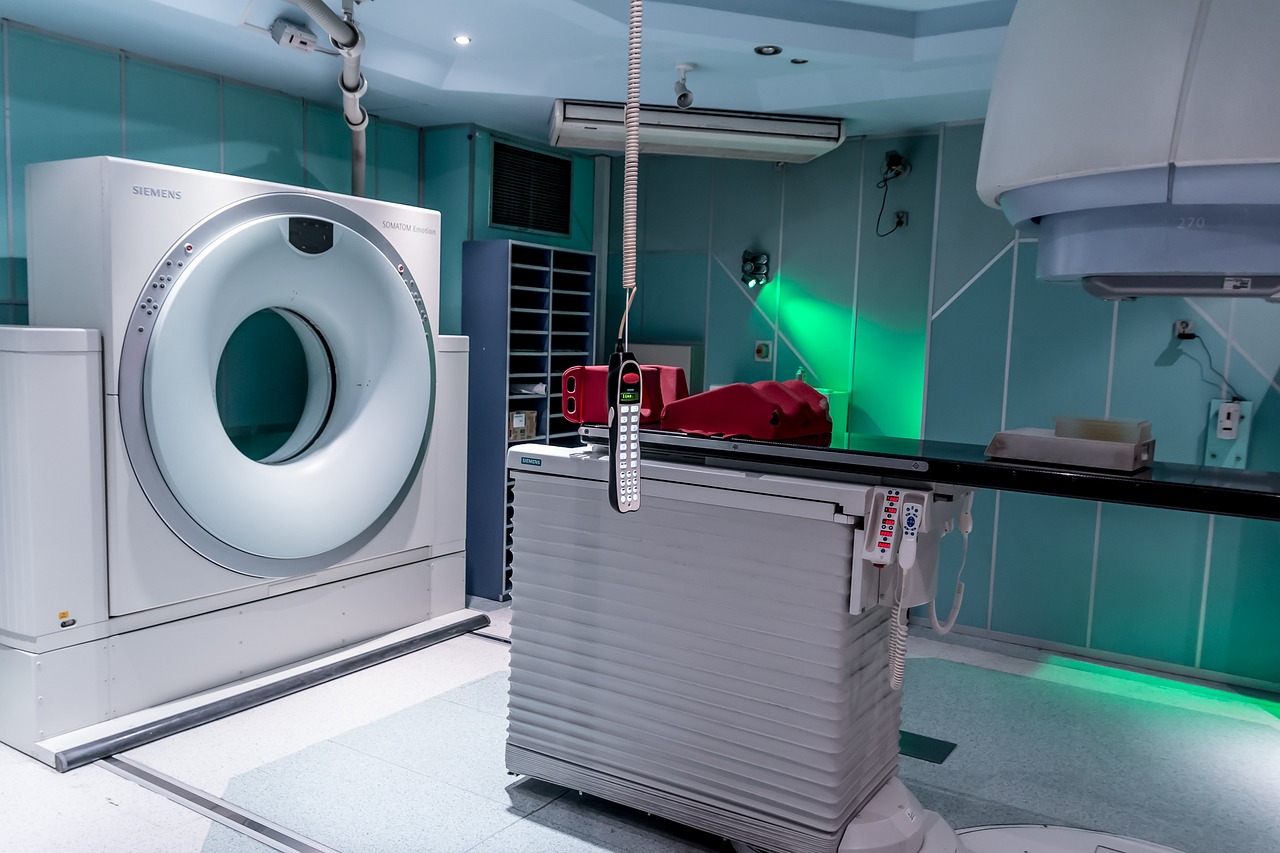Understanding Immunotherapy: A Promising Cancer Treatment
Cancer is one of the leading causes of death worldwide, with millions of people being diagnosed each year. Traditional cancer treatments such as chemotherapy and radiation therapy have been commonly used to combat the disease, but they often come with side effects that can be debilitating to patients. Immunotherapy, on the other hand, is a relatively new approach to cancer treatment that harnesses the power of the immune system to target and destroy cancer cells.
How Does Immunotherapy Work?
Immunotherapy works by stimulating the body’s immune system to recognize and attack cancer cells. Our immune system is designed to identify and destroy abnormal cells, including cancer cells. However, cancer cells can hijack the immune system’s checkpoints to evade detection. Immunotherapy drugs work by blocking these checkpoints, allowing the immune system to recognize and attack cancer cells.
Types of Immunotherapy
There are several types of immunotherapy that are currently being used to treat cancer. These include:
Checkpoint Inhibitors
Checkpoint inhibitors are drugs that block the checkpoints that cancer cells use to evade detection by the immune system. By blocking these checkpoints, checkpoint inhibitors help the immune system to identify and attack cancer cells.
Monoclonal Antibodies
Monoclonal antibodies are laboratory-made proteins that can target specific antigens on cancer cells. These antibodies can help the immune system recognize and attack cancer cells more effectively.
Cancer Vaccines
Cancer vaccines are designed to prime the immune system to recognize and attack cancer cells. These vaccines can be used to prevent cancer from recurring or spreading.
Benefits of Immunotherapy
Immunotherapy has shown great promise in the treatment of cancer, offering several benefits over traditional treatments:
Targeted Treatment
Immunotherapy targets cancer cells specifically, leaving healthy cells unharmed. This can help reduce the side effects associated with traditional cancer treatments.
Long-lasting Effects
Immunotherapy can provide long-lasting effects, with some patients experiencing remission for years after treatment.
Combination Therapy
Immunotherapy can be used in combination with other cancer treatments, such as chemotherapy or radiation therapy, to enhance their effectiveness.
Side Effects of Immunotherapy
While immunotherapy is generally well-tolerated, it can have side effects. These can vary depending on the type of immunotherapy used and the individual patient. Common side effects of immunotherapy include:
Fatigue
Many patients experience fatigue during immunotherapy treatment. This can be managed through rest and proper nutrition.
Flu-like Symptoms
Some patients may experience flu-like symptoms, such as fever, chills, and muscle aches. These symptoms typically go away on their own.
Skin Reactions
Some immunotherapy drugs can cause skin reactions, such as rashes or itching. These can usually be treated with over-the-counter medications.
FAQs
Q: Is immunotherapy a cure for cancer?
A: Immunotherapy is not a cure for all types of cancer, but it can be highly effective in certain cases. It is important to consult with your healthcare provider to determine if immunotherapy is the right treatment for you.
Q: How long does immunotherapy treatment last?
A: The duration of immunotherapy treatment can vary depending on the type of cancer being treated and how well the patient responds to treatment. Some patients may only need a few rounds of treatment, while others may require ongoing therapy.
Q: Are there any risks associated with immunotherapy?
A: While immunotherapy is generally well-tolerated, it can have side effects. It is important to discuss the potential risks and benefits of immunotherapy with your healthcare provider before starting treatment.
Q: Can immunotherapy be used in combination with other cancer treatments?
A: Yes, immunotherapy can be used in combination with other cancer treatments, such as chemotherapy or radiation therapy. This can help enhance the effectiveness of both treatments.
Q: How can I determine if immunotherapy is right for me?
A: If you have been diagnosed with cancer, it is important to discuss your treatment options with your healthcare provider. They can help determine if immunotherapy is the right treatment for your specific type of cancer and stage of the disease.







